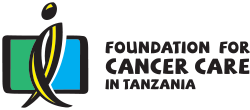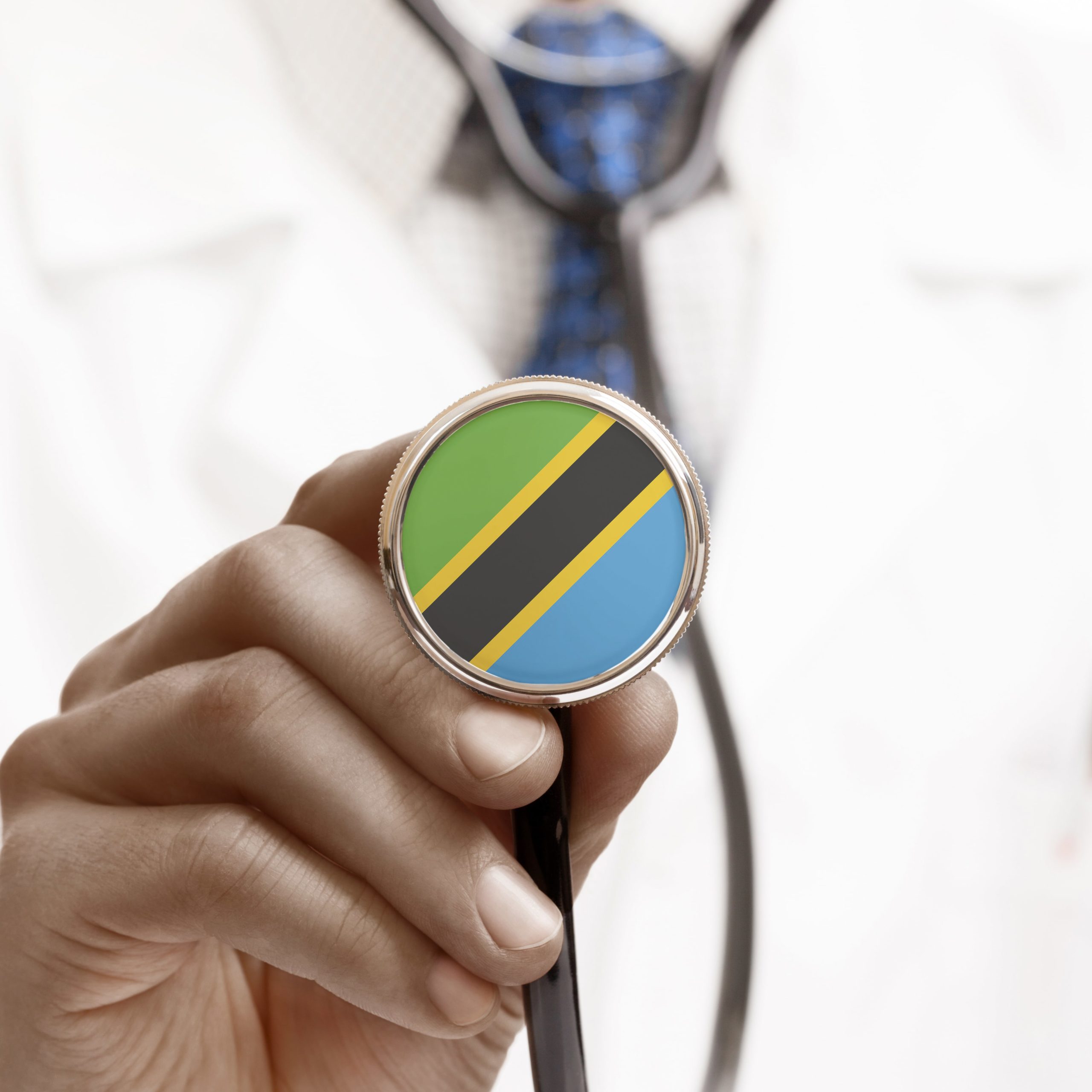By Randy Hurley MD, cTropMed
HealthPartners and Regions Hospital Cancer Care Centers
Global Health Faculty, University of Minnesota
November 16, 2022
Our November tumor board was held on Wednesday 11/16/22. Three cases were presented, two of which required neurosurgery expertise and therefore neurosurgeons from the University of Minnesota participated.
The first case involved a 52-year-old woman with a contralateral cervical lymph node recurrence of estrogen receptor positive her2/neu positive breast cancer occurring 10 years after primary treatment for her initial estrogen receptor positive breast cancer. Bilateral breast ultrasound had not identified a new primary breast cancer and a search for metastatic disease with CT imaging was negative. She had been placed on anastrozole pending the availability of trastuzumab. A discussion centered on the role of cervical lymph node excision and role of post op radiation therapy
Two neurosurgical cases were presented. One involved an unfortunate 24 yr old man with an unresectable spinal cord ependymoma causing paraplegia. This is a rare central nervous system tumor where surgical resection, if feasible, is the main stay of treatment followed by radiation. This patient was not able to have this tumor completely removed. Due to the current lack of radiation therapy facilities at KCMC, he would need to be referred to Dar Es Salaam for additional treatment
The second neurosurgical case involved a 59 yr old man with metastatic lung cancer. He had presented with headache, inability to walk and focal neurologic signs. An MRI of the brain identified a mass in the right fronto-parietal lobe. Subsequent CT imaging identified a right upper lobe lung mass. A craniotomy was performed and the brain mass was resected. Pathologic examination confirmed this to be an adenocarcinoma. A CT guided needle biopsy of the lung mass revealed an adenocarcinoma consistent with a lung primary. In the United States metastatic disease to the brain from a lung or breast cancer primary is the most common cause of a malignant brain mass. Because the incidence of tobacco use is so low in Tanzania, lung cancer is actually quite rare. In the United States, lung cancer in “never smokers” has a higher likelihood of harboring one of several genetic driver mutations that can be treated with oral tyrosine kinase inhibitors. These drugs along with progress in the use of immunotherapy for lung cancer has led to improvements in the median survival of advanced lung cancer in the United States. Little is known about the pathogenesis of lung cancer in Tanzania and the role of driver mutations. Tyrosine kinase inhibitor therapy and immune therapy are not yet available to those in need in this country.
One of the amazing features of this tumor board was highlighting the availability of neurosurgery at KCMC. One of the many lasting legacies of the late Dr Mark Jacobsen was to spearhead the development of a neurosurgery program at KCMC. Dr Happiness Rabiel, a neurosurgeon trained in Tanzania, India and Colorado has joined the KCMC team. Her work is supported by the Barrow Neurologic Institute in Phoenix Arizona. Neurosurgery care is a much needed, and fortunately expanding field in East Africa (https://pubmed.ncbi.nlm.nih.gov/29702965/). KCMC is now part of that expanding field!


